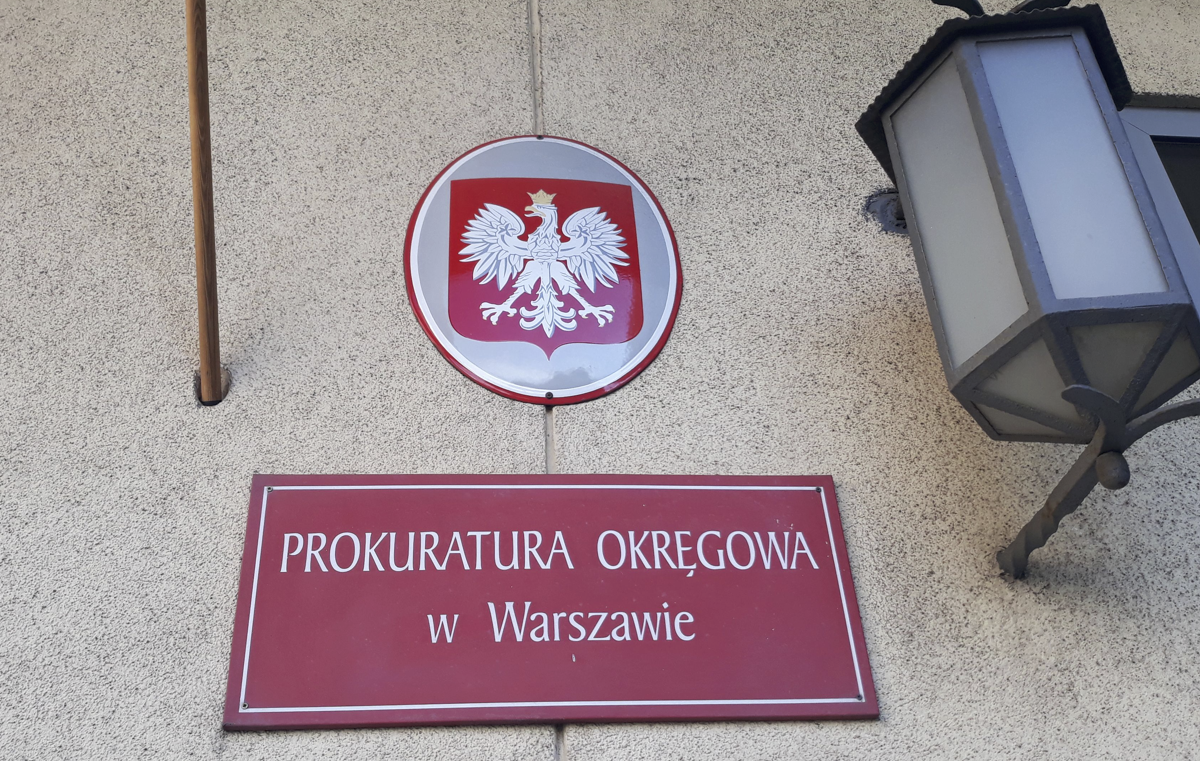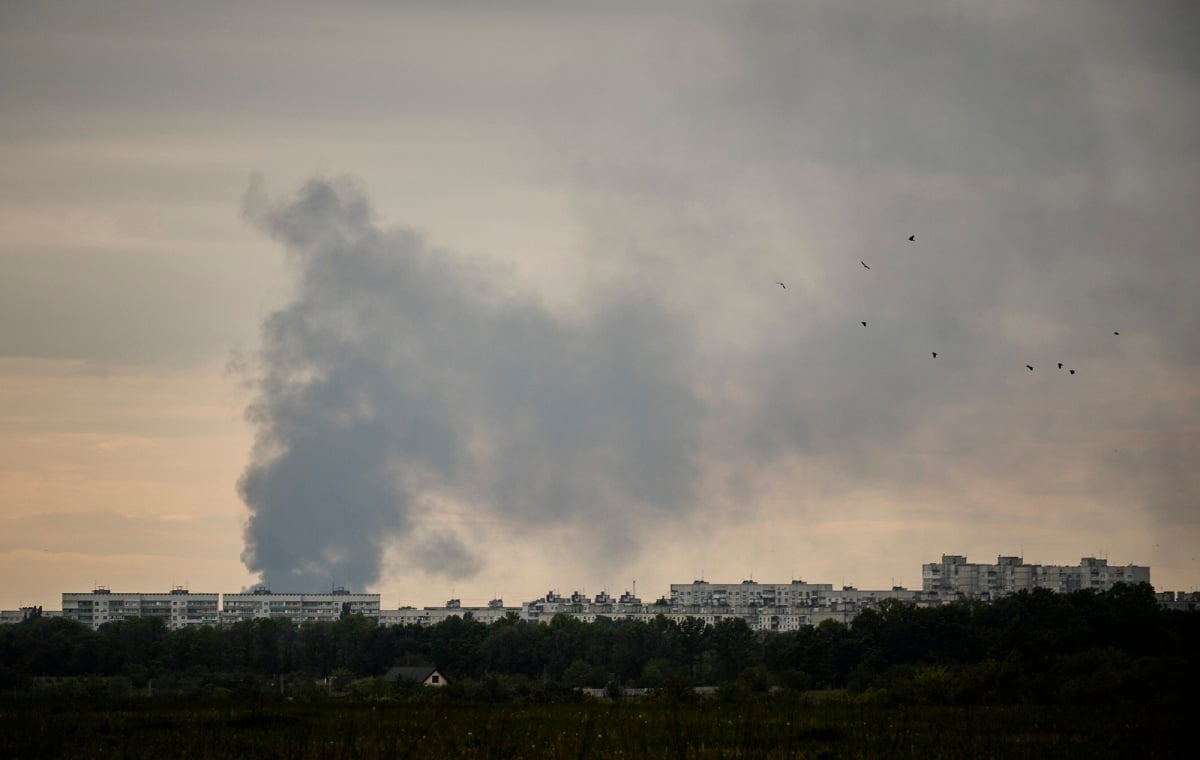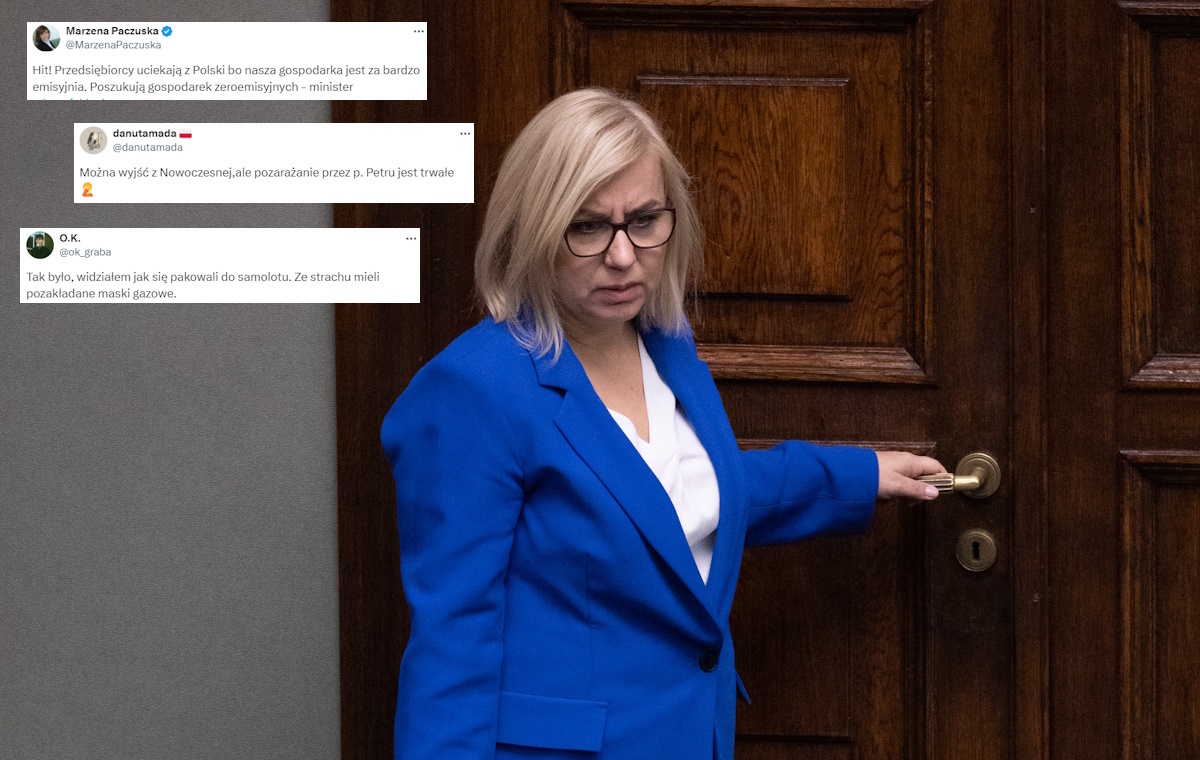It turned out that as a result of the actions of governments of various countries of the world, in the first six months of this year, almost 1.9 billion people were unable to use the Internet. This is a very worrying phenomenon, when compared to the second semester of 2021, it means an increase of 22%.
The information appears in a report prepared by Surfshark, a VPN service provider. The report says that several countries (such as Burkina Faso, India, Kashmir, Kazakhstan, Pakistan and Sudan) take the lead in this famous statistic, where government agencies have blocked their citizens from accessing the Internet more than 60 times. And while there has been an overall decline in internet outages over this period – 72 cases in the first half of 2022 compared to 84 reported in the second half of 2021 – the number of people affected is much higher.
The Surfshark study found that this year’s examples of social media censorship have spread across all continents. In the first half of 2022, six similar incidents were recorded in Brazil, Burkina Faso and Sri Lanka. In contrast, the Zimbabwean government once blocked access to social media completely, and Russia has done so twice. The most common reasons for implementing censorship on the internet are political unrest and the various types of protests taking place in these countries.
Also check:
Facebook is the most closed social network. The report states that about 46% of the world’s population has been affected by government restrictions on Facebook in the last seven years. WhatsApp is the most censored app that provides Voice-over IP (VoIP) services. The next places in this ranking are taken by Twitter, Instagram, Telegram and YouTube.
Nearly 85% of all internet shutdowns (61) occur in India and the Kashmir region. Of the 72 internet outages in 2022, social media platforms were attacked six times: twice in Europe and Africa, and once in Asia and South America. Overall, 5.7 billion people in 76 countries have lost internet access since 2015, according to a Surfshark study.
The report warns that more and more cases of government restrictions on citizens’ access to the Internet have been observed around the world. Therefore, it is very important to monitor this phenomenon and promote human rights in such an important field as digital media.

“Reader. Future teen idol. Falls down a lot. Amateur communicator. Incurable student.”






